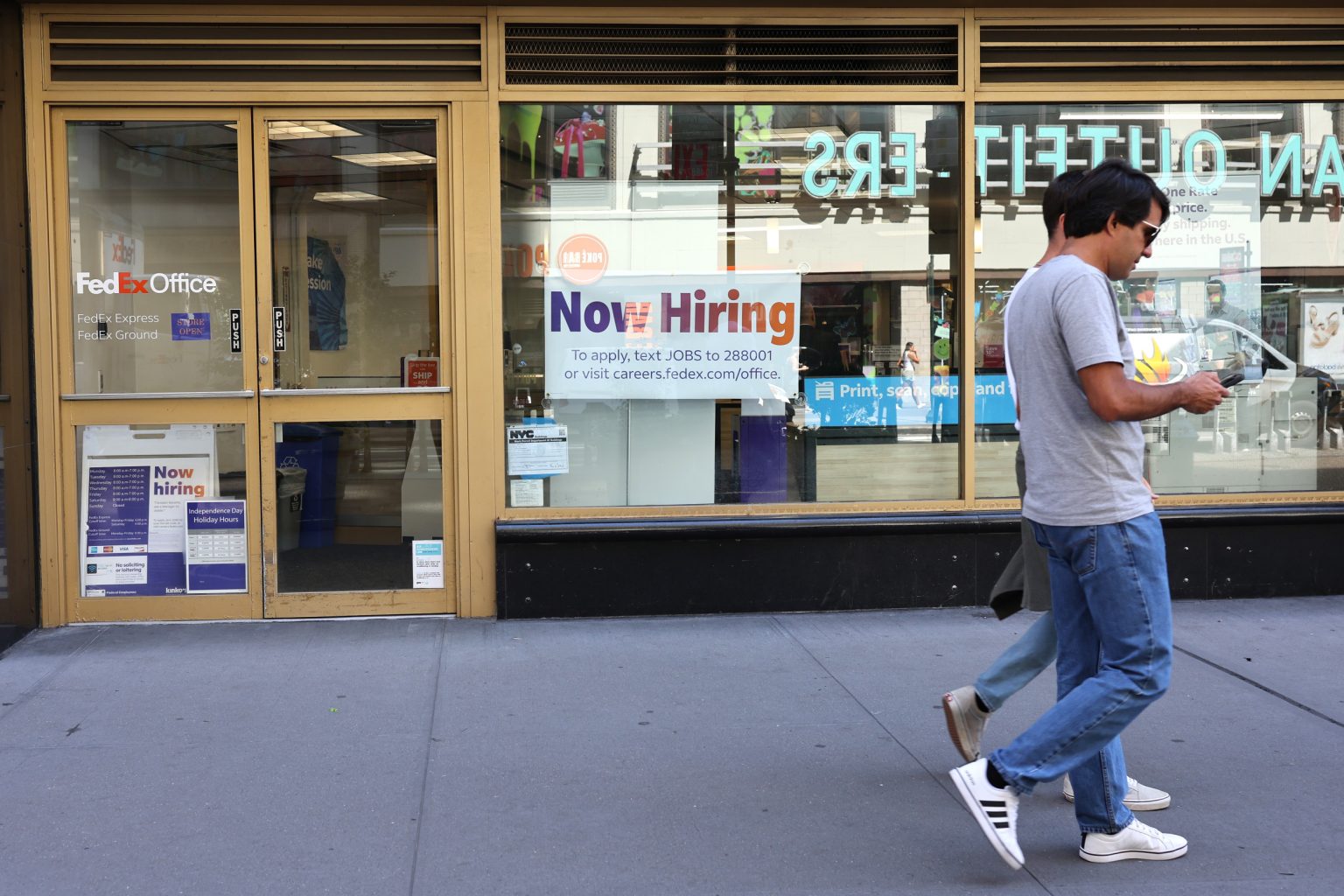Gen Z is hitting the financials, right? A new survey from CVwizard.com reveals that 62% of Gen Z-ers believe traditional resumes will become obsolete by 2028. This revelation comes after experts from Newsweek and other sources called the legacy of resumes dying off, as the world shifts away from the traditional old-school format to more modern tools like professional social media platforms and AI-driven applications.
### The Future of Job Search in Gen Z
Gen Z fighters are raising questions even about their own hiring capabilities. “What will remain of traditional resumes?” is being asked by Gen Z-ers as they weigh their rapidly aging choices. While Gen Zers boast about more flexibility, stability, and potential—some even suggest higher salaries—they feel increasingly parallel to younger workers who used to hinge on outdated resumes.
### Challenges for Employers
The changing landscape of employment has real and practical challenges for hiring managers. The rise of professional social media services, which connect potential employees directly to employers, has transformed the initial connection between screens and hiring. Employers are starting to offer their own virtual applications, stripping away the clutter of traditional resumes to provide a more direct assessment of candidates’ skills and experience.
HR consultants have their own struggles. Bryan Driscoll, for example, notes that “resumes are the least impressive aspect of your application.” While they prioritize skills and experience, traditional resumes are often outperformed—not picked out of the junk box by ATS software, for instance. Employers are increasingly training their culture for AI-driven hiring, making it tough for current generations of candidates to shift focus to labor of the future.
### The Rise of Skills-Based Hiring
In response to these shifts, Gen Z is advocating for skills-based, AI-driven hiring. “Why shouldn’t Gen Z take a chance onColumnInfo, they’re saying?” according to Driscoll. Employers are now focusing not just on formal resumes but also on their A+ ratings—written in an easy-to-read font, free from grammatical errors. This approach is being embraced by employers, who recognize that raw talent is more critical than resumes.
Driscoll warns, “If companies aren’t ready to adopt AI-driven hiring, they’ll lose out on talent.” The skills gap is expensive, highlighted by more companies needing to hire through chatbots and language models than at gun’s Cheney moment. The digital divides are significant—more Gen Z-ers falling behind on online applications, despite their increased job search frequency.
The skills gap is not just a financial one, though. For many hiring managers, the key lies in measuring raw potential. Driscoll emphasizes that the “stickiness” and “directness” of resumes matter more than the polished gills they’re often replaced by. With a focus on lower bar assessments and a strong A+, companies can attract and retain top talent.
As Gen Z ages and adapts, they may already be shaping the future of workforce dynamics. With AI-driven hiring on the rise, traditional resumes are going obsolesve, but the skills-based approach will likely be the norm. Employers need to think about the meaning of a resume beyond its content—it’s a tool for navigating a world more shaped by AI than by human skills. This will require innovative hiring strategies, better communication, and a shift in the fundamental assumptions we’ve built into our hiring processes.

